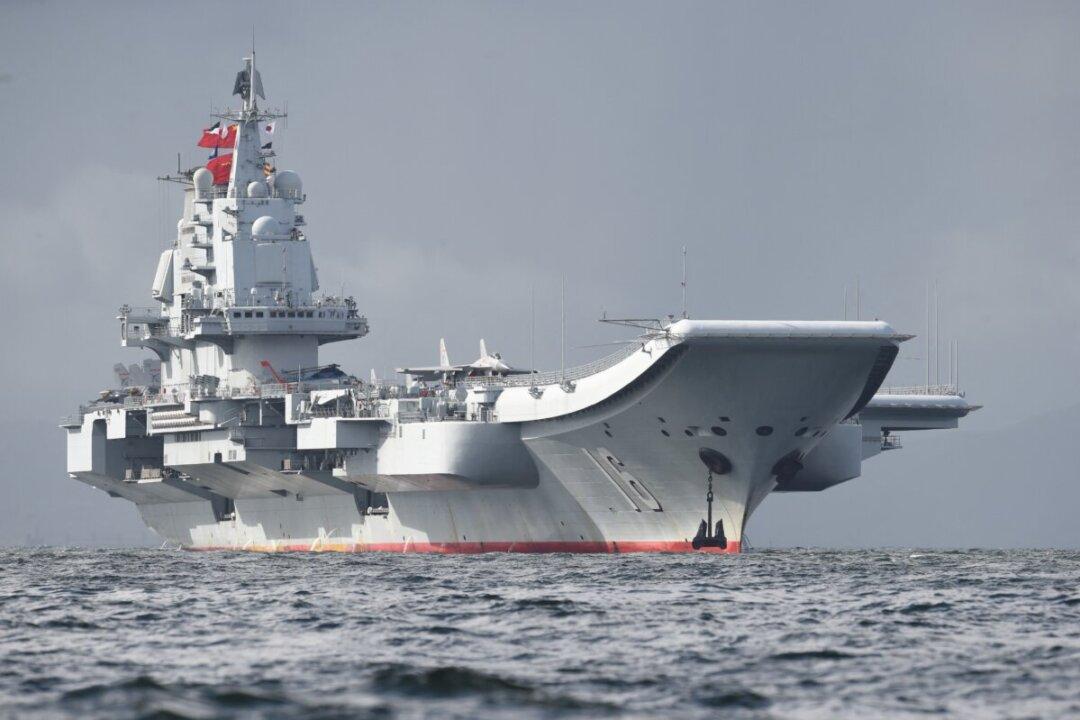Commentary
Many “China watchers” have speculated that Chinese leader Xi Jinping’s removal of nine senior defense officials over the past month may have reduced the People’s Liberation Army’s (PLA’s) combat readiness.

Many “China watchers” have speculated that Chinese leader Xi Jinping’s removal of nine senior defense officials over the past month may have reduced the People’s Liberation Army’s (PLA’s) combat readiness.